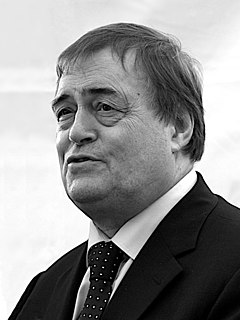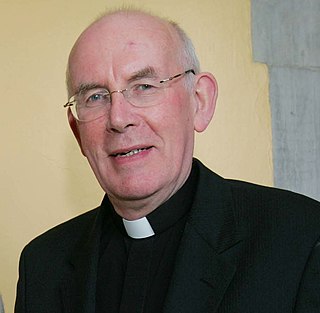A Quote by Richard Rogers
Suburban sprawl leads to social atomisation and fragmentation and is environmentally disastrous, as carbon-intensive car journeys displace local shops and replace public transport.
Related Quotes
Nowhere in politics is there such a mismatch between public and private realm as in transport. Everyone on the M6 last weekend would have agreed with Transport Minister Alasdair Darling's reported hatred of cars. They too wanted drivers off the roads and on to public transport. Go to it, Mr Darling, they cried in unison, get rid of all those cars. Except, of course, their own. Other people's cars are traffic. My car is the outward essence of my being. It is my hat, stick and cane. It embodies my freedom as a citizen and my right as a democrat. My car is my soul in flight.
CO2 from air can replace petroleum: it can produce plastics and acetate, it can produce carbon fibers that replace metals and clean hydrocarbons, such as synthetic gasoline. We can use CO2 to desalinate water, enhance the production of vegetables and fruit in greenhouses, carbonate our beverages and produce biofertilizers that enhance the productivity of the soil without poisoning it. Carbon negative technology is absolutely needed now.







































